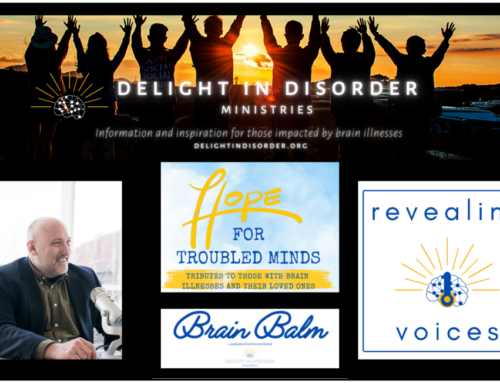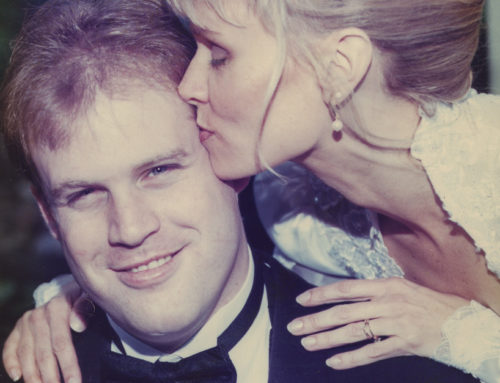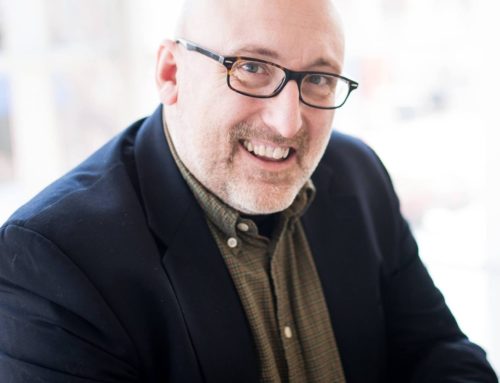Jesus replied, “Foxes have dens and birds have nests, but the Son of Man has no place to lay his head.” (Matthew 8:20)
Jesus understood what it is like to be without a home. Yes, he was a Rabbi supported by the financial contributions of his followers, but he was also a wandering soul at the mercy of the hospitality or rejection of strangers. Masses moved from jubilant shouts of “Blessed is He who comes in the name of the Lord!!” to vehement cries, “Crucify him!” From a divine perspective, the homelessness of Christ was part of his mission. But this certainly didn’t lessen his human suffering.
Jesus teaches us that if we want to follow him, we too will take up crosses such as he did. This has meant many things for Christians throughout the ages — from verbal harassment to capital punishment, and everything in between. The Apostle Paul and his companions certainly knew sacrificial hardship. He writes:
To this very hour we go hungry and thirsty, we are in rags, we are brutally treated, we are homeless. (1 Corinthians 4.11)
Homelessness? Jesus gets it. Paul gets it. But does this offer any hope to any of the 150 million people in the world who are homeless today?
The first step to shining the light of Gospel hope is to better grasp the darkness. What causes a person to become homeless? Marjorie Baldwin suggests it can be many things:
What is the underlying problem? There are numerous factors that may lead to homelessness (e.g. domestic violence, substance abuse, unemployment), but one of the most important is untreated mental illness. Estimates suggest that, nationwide, one-third of homeless persons have a serious mental illness (SMI). In some places, the proportion of mentally ill among the homeless is even greater: 70% in Roanoke, Virginia (2007) and 67% in Colorado Springs (2009). [Torrey 2014; TAC 2015] Most homeless people with serious mental illness are not receiving treatment; many do not even know they are ill. (“Homeless, Mentally Ill, and Neglected”).
The vast number of homeless persons in the U.S. who have a mental illness is a travesty, an indictment on a nation who fooled itself into believing that the best way to treat brain-sick patients was to dope them up with psychotropics, kick them out of advanced hospitals and expect community-based homes to magically appear which would offer expert care medical, psychological, physical, emotional, social, spiritual, and relational such that healing might happen.
It hasn’t.
That is the darkness. So where is the ray of hope. I’d like to shine three points of light.
1. Food 4 Souls is shining a light in the midst of homeless camps in Indianapolis, Indiana. Their vision is:
We exist to go out and serve our homeless community with unconditional love and acceptance by providing Hope in Christ, Meeting Daily Needs and Aligning Resources to those who are ready to move into a life beyond homelessness.
Community Relations Director Dawn Adams shared a story on an episode of the podcast Revealing Voices about “L.A.” she met sequestered at a far-end of one of the homeless camps. She called out for him, but he wouldn’t budge. She told him she would leave a meal and be back the following week.
The next week, she returned. Same thing. Call out. No response. Leave meal. Promise to be back.
This went on for sometime. L.A. finally came out to meet her. He was still reserved, but opened up more each week. Dawn came week after week. Month after month. Year after year. She said in time L.A. revealed estrangement, emotional wounds, spiritual scars. Dawn stressed that she is not a mental health expert, but she saw that L.A. got the help he needed. Dawn offered L.A. something beyond what his essential care providers could. She became his friend.
We asked if Dawn still sees L.A.. She smiled and answered yes. But not on the streets. He has an apartment of his own now. They meet for coffee at Starbucks.
Truly I tell you, whatever you did for one of the least of these brothers and sisters of mine, you did for me. (Matthew 25:40)
2. Mental Illness Policy.org offers “unbiased information for policy makers and media.” In an age of relative truth and fake news, this is a very bold claim. Founder D.J. Jaffe provides here a vast clearinghouse of resources on mental illness past, present, and future. An advocate since 1980, it seems he has yet to lose any passion to drawing attention to the needs of those who are too often overlooked.
Jaffe’s articles and recommendations have been published in numerous magazines and newspapers including The New York Times, The Wall Street Journal, The Washington Post, National Review, Forbes. He has appeared on national news broadcasts explaining issues surrounding mental illness and violence. Federal, state and local policy makers have solicited and relied on his scholarship. He is widely credited as the primary mover behind Kendra’s Law, New York state legislation that allows judges to mandate treatment for people with serious mental illness and a history of violence.
Jaffe is the author of Insane Consequences: How The Mental Health Industry Fails The Mentally Ill (Prometheus Books, 2017).
The thing I admire most about Jaffe and the reason I support Mental Illness.org is that he refuses to accept conventional myths that those of us with mental illness always know and can accomplish what is best for us. Hard experiential evidence and emerging scientific discoveries demonstrate that we are often our own worst enemies. Our minds betray us. We need rational laws and reasonable resources that protect us and others from our illness.
3. Kennedy-Krieger Institute has a mission:
“To transform the lives of children with disorders of the brain through groundbreaking research, innovative treatments, and life-changing education.”
And their vision is:
“Discoveries of how the brain develops and functions are occurring at an accelerating pace. The Kennedy Krieger Institute leads the way in translating these scientific advances into new therapies and educational interventions, while providing an inspirational environment for training tomorrow’s leaders in the field. These successes benefit millions of children and families around the world.”
The reason I’m highlighting Kennedy-Krieger is simple. His name is Jacob.
Jacob was born with Down syndrome. Like many persons with this unique genetic profile, Jacob brought joy into the world and shared delight with everyone he met. He was the life of the party.
I say was because when he hit puberty, he collapsed. Literally. He went into a comatose-like state where all he would do is lie on the ground. He only got up to eat and void. His parents, Don and Joyce, were advised to take him to Kennedy-Krieger at Johns Hopkins in Baltimore, Maryland. There they met Dr. George Capone who, by his own admission, guessed what was going on.
Dr. Capone had heard of a study from the University of Missouri of 12 similar cases. They had gained approval for and administered experimental treatment. Out of the 12; five got better, five stayed the same, and three regressed.
Don asked Dr. Capone if he recommended the treatment and if so, could he provide it. Dr. Capone said he could not. Don told me there was something calculated in his facial expression when he said, “I can not.” What did he mean? Don wondered. I don’t recommend it? It’s not my specialty? Maybe even, Kennedy-Krieger has yet to approve it?
At any rate, it didn’t happen. Jacob would endure another 5 years of a state of catatonia where he seemed to be living in another world.
But that’s not the end of the story. Research on the treatment expanded, much conducted by Kennedy-Krieger and similar institutions. Many successes were reported, some dramatic. The treatment went from becoming experimental to being recommended. Even by Dr. Capone. Don and Joyce decided to give it a shot.
Jacob is now 18. His teachers say he is making amazing progress. His principal, who has known Jacob since kindergarten, says glimpses of his exuberant joy are back. Jacob is ready to launch into the world and share his delight with others.








[…] Mental Illness on The Streets By Tony Roberts Of “Delight In Disorder Blog” […]